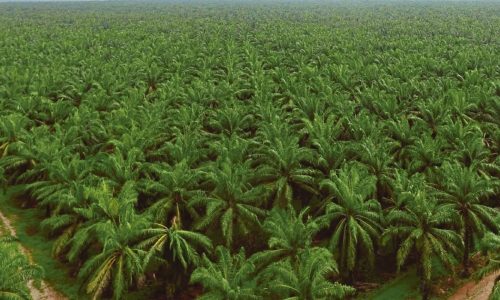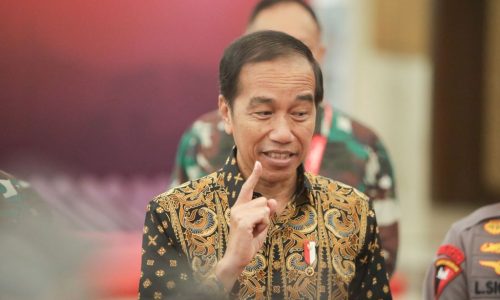The Indonesian government will file an appeal against the World Trade Organization (WTO)’s ruling, stating that the country lost in a lawsuit against its ban on nickel ore export submitted by the European Union.
“The government viewed that the ruling is not legally binding (inkracht). There is still an opportunity to file an appeal. There is no need for the government to change the law or revoke the policy before the WTO’s Dispute Settlement Body (DBS) adopt the verdict,” Energy and Mineral Resources Minister Arifin Tasrif told a hearing with the House of Representatives’ Commission VII overseeing energy, research and technology and environment on November 21, 2022 .
Tasrif said that the government would continue to defend the mineral downstream policy, especially on nickel, by speeding up the construction of smelters at home.
Export ban seen as a violation
Indonesia lost to the EU in a dispute lawsuit against nickel export ban. Tasrif said the WTO Panel deemed Indonesia as violating the WTO’s Article XI.1 GATT 1994 and could not be justified by article XI.2 (a) and XX (d) GATT 1994.
The Panel also rejected Indonesia’s defense regarding the limited amount of national nickel reserves and good mining practices. The WTO will distribute its final decision to all members on November 30, 2022, and will include it in the DSB agenda on December 20, 2022.
“The export ban policy and domestic processing and refining of mineral have been proven of violating the WTO regulation,” Tasrif added.
Mining law expert Ahmad Redi of the Tarumanegara University said the WTO DBS’ ruling was not final and not legally binding. If the ruling was final and legally binding, the government and lawmakers should revised the law and policy on the development of downstream mineral industry.
“However, the ruling is not yet final and legally binding because the president said Indonesia will file an appeal. I think there will be a next phase,” he said.
Redi explained that the challenge would lie on the government to improve its legal arguments. The argument should be relevant to convince the WTO’s Panel that the nickel downstream industry development does not contradict the WTO’s regulation.
National interest
In the future, Indonesia should change the arguments that Indonesia needs nickel as a commodity for its energy transition in terms of developing electric vehicles. Indonesia, as one of the biggest producers of nickel, wants to participate in energy transition to net zero emission for national and global interests.
As a WTO member, Indonesia should not restrict or protect its natural resources. The country has sovereignty to regulate its mineral resources for the greater benefits for its people. The domestic interest is that mineral should not be exported as raw materials but should have added value.
“We do not ban nickel ore export but we should export processed and refined nickel so that the mineral will have economic benefit for national interest,” Redi said.
Unfortunately, the WTO has seen Indonesia’s national interest as an export restriction, that is detrimental to the interest of the WTO members.
“In my opinion, it is common that every country has legal interest to protect its natural resource commodities. Even there is a UN declaration on natural resource sovereignty. This is our rights. However, since nickel is needed by the WTO members, especially the EU, they deemed Indonesia’s policy as a contradiction to the free trade,” Redi added.
Mitigation efforts
Redi said that Indonesia should prepare a mitigation, in case it lost in the appeal. The government should seek other strategies. Citing an example, he explained that Indonesia could allow the export of nickel ores but then impose high economic instruments such as high export tax and high royalty.
“Mining companies, which plan to export their nickels, should pay more royalty to the state. The increased export tax will give benefit for us,” he added.
In addition to this, Indonesia should regulate national production. Every year, the government arranges work plan and budget as production quota for mining companies.
“If in the past, the government gave 500,000 metric tons of quota per company, the government can reduce the quota into 200,000 metric tons and then 100,000 metric tons,” Redi said.
The reduction of the production is meant to conserve nickel resources. “It is better for us to restrict the production at the upstream, then sell the raw nickels ores into export market that do not give added value for Indonesia,” he concluded.









